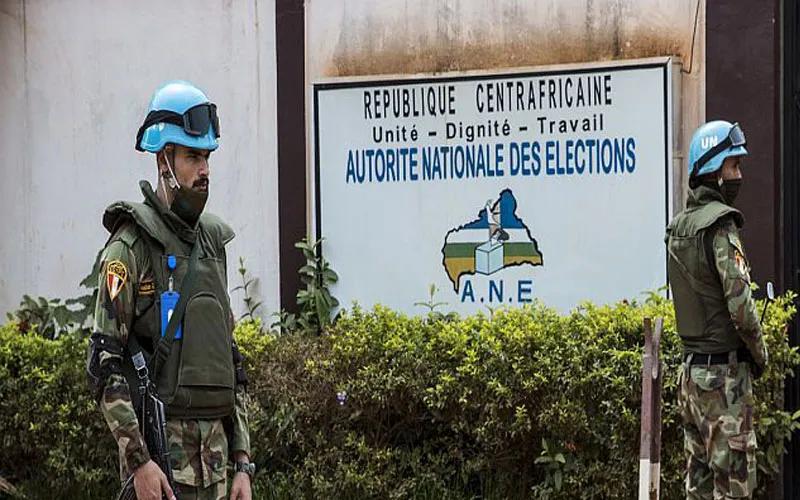Ahead of the polls, a coalition of armed rebel groups under the auspices of Coalition of Patriots for Change (CPC) launched an offensive. The December 19 move threatened to disrupt the presidential elections with the intention to “march to Bangui.”
The threats are said to be in response to a rejection by the country’s constitutional court of the candidacy of the rebels' ally, ex-president François Bozizé who wanted to challenge President Touadera.
However, the rebels who are said to control two-thirds of the landlocked country have so far been barred from advancing to CAR capital, Bangui, by the military, UN peacekeepers and reinforcements from Russia and Rwanda.
A week after the elections, a Bishop ministering in the landlocked nation said the country’s population is living “in fear and anxiety” due to the uncertainty surrounding the ongoing confrontation between armed rebels and the military forces.
“The population lives in fear and anxiety about the uncertainty of what might happen the next day,” the Bishop of Bossangoa Diocese, Nestor-Désiré Nongo-Aziagbia said January 5.
On Sunday, January 3, the diamond-rich city of Bangassou, which falls within the territory of the Catholic Diocese of Bangassou, fell into the hands of the rebels. This was a day after another assault on the city of Damara, the hometown of President Touadera.
"Yes, Bangassou has fallen into the hands of the rebels, many of whom are mercenaries and people from Niger,” Bishop Juan José Aguirre Muñoz of Bangassou confirmed the siege in a Monday, January 4 report.
Making reference to the events of Sunday, January 3 when the town was captured, Bishop Aguirre Muñoz added, “The morning was hectic. Heavy artillery from 5 in the morning with about thirty dead and wounded.”
Jude Atemanke is a Cameroonian journalist with a passion for Catholic Church communication. He holds a Bachelor’s Degree in Journalism and Mass Communication from the University of Buea in Cameroon. Currently, Jude serves as a journalist for ACI Africa.








